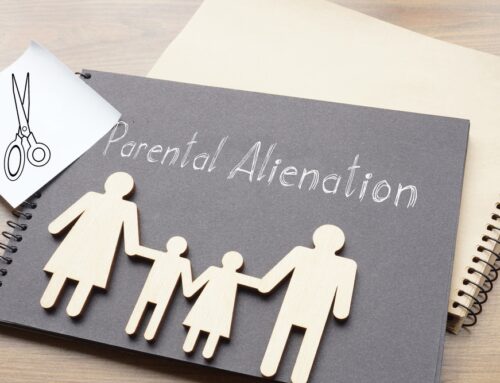The greatly anticipated Divorce, Dissolution and Separation Act 2020 has now received Royal Assent and been passed as law, bringing with it no-fault divorce. The change follows decades of campaigning to update the old-fashioned system, and will be welcome news for applicants and family lawyers alike.
What Did The Previous Law Say?
The Matrimonial Causes Act 1973 allowed for a divorce petition to be presented (issued) by either party to a marriage on the ground that the marriage had irretrievably. The person petitioning for divorce would have to follow one or more of the following facts:
(a) that the respondent has committed adultery and the petitioner finds it intolerable to live with the respondent;
(b) that the respondent has behaved in such a way that the petitioner cannot reasonably be expected to live with the respondent;
(c) that the respondent has deserted the petitioner for a continuous period of at least two years immediately preceding the presentation of the petition;
(d) that the parties of the marriage have lived apart for a continuous period of at least two years immediately preceding the presentation of the petition (hereafter in this Act referred to as “two years’ separation”) and the respondent consents to a decree being granted;
(e) that the parties to the marriage have lived apart for a continuous period of at least five years immediately preceding the presentation of the petition (hereafter in this Act referred to as “five years’ separation”).
Essentially, this means that one spouse needed to make allegations against the other or wait years for a divorce. In fact, in 2018 almost 60% of English and Welsh divorces were granted on the basis of adultery or unreasonable behaviour. The need to apportion blame causes conflict, affecting both the divorcing parties and any children.
The law also requires only one party to petition for divorce – it is not possible for a joint application. This can in itself lead to further acrimony as it can place parties in an uncomfortable position with both not wanting to be ‘seen’ as the one to end the marriage.
What Changes Will The Divorce, Dissolution And Separation Act Bring?
The biggest change is that no-fault divorce will come into play. One spouse – or both – can make a statement of irretrievable breakdown of the marriage. This essentially means that there is no need to ‘blame’ a party any longer. It dispenses with the possibility of one party exaggerating the other’s behaviour in order to push it over the threshold for the court. It will also stop one party from contesting the divorce, because the statement of irretrievable breakdown of the marriage will be all the evidence that is needed to prove the breakdown.
Additionally, couples will be able to make a joint application for divorce if they choose to. This enables those couples who wish to move forward with a divorce as a joint decision to do so legally.
There will also be some changes to the language used. Decree Nisi (the first stage of a divorce) will become a Conditional Divorce Order, and Decree Absolute (the final stage of a divorce) will become a Final Divorce Order. The petitioner (the person who applies for the divorce) will be known as the applicant. This will help the divorce proceedings become more understandable and user friendly.
Making Divorce More Accessible
There had been opposition in parliament that the Divorce, Dissolution and Separation Act would essentially make divorce too easy and that it would discourage reconciliation. However, family lawyers will agree that divorce proceedings are rarely started on a whim, and for most couples it is a last – and difficult – resort. The new law aims to remove as much of the animosity as possible, making the process more comfortable for both the divorcing couple and any children they may have.
The new law will come into force – it is hoped – in Autumn 2021 and with it will come a more modern and collaborative approach to divorce.
If you are considering divorce, Beeston Shenton’s family law team are here for you. Call us on 01782 66 24 24 to discuss your options, or reach out through our contact page.




